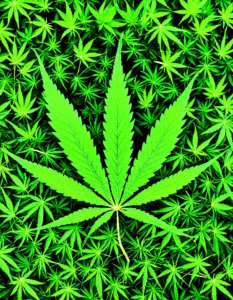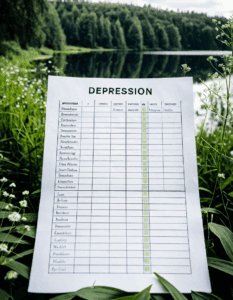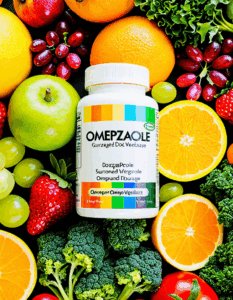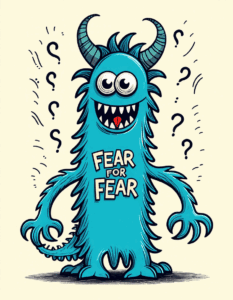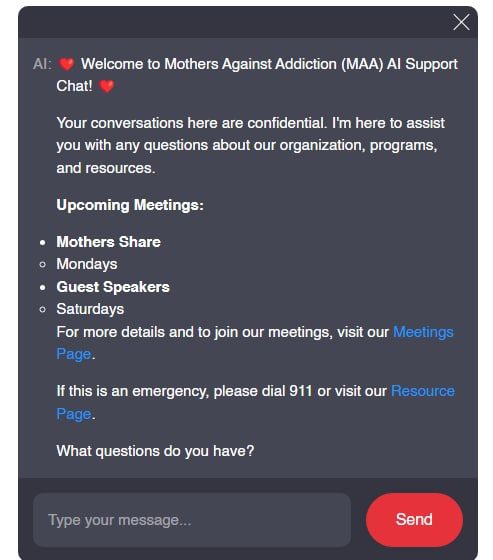Substance Abuse: A Growing Crisis
Substance abuse remains a formidable opponent to individual health and societal well-being in 2024. This crisis permeates various demographics, with addiction rates climbing and new substances entering the market. The harmful effects of substance abuse ripple through individuals, families, communities, and our healthcare system. Here at Mothers Against Addiction, we understand the profound challenges families face when dealing with addiction or loss due to substance abuse.
In addressing substance abuse, it’s vital to recognize its widespread implications. Countless families are torn apart, communities suffer from elevated crime rates, and healthcare resources are stretched thin, all due to the persistent grip of addiction. Recognizing these harsh realities can illuminate pathways towards recovery and support.
Identifying Common Types of Substances Abused
To tackle the broad spectrum of substance abuse, one must first identify the substances most commonly misused:
Understanding these substances is a crucial step in combating their abuse. Each carries its unique risks and demands tailored approaches to treatment and prevention.
| Aspect | Details | ||
| Definition | Excessive use of a drug in a way that is detrimental to self, society, or both; includes physical and psychological dependence. | ||
| Difference Between Substance Abuse and Addiction | Substance abuse involves using substances in a harmful manner but doesn’t always include dependency. Addiction, or substance use disorder, includes a loss of control over the substance use. | ||
| Common Substances Abused | Alcohol, prescription medicines (opioids, benzodiazepines), illegal drugs (cocaine, heroin), over-the-counter medications (cough syrup), and nicotine. | ||
| Causes and Risk Factors | Genetics, mental health disorders, trauma, peer pressure, lack of family support, using at an early age. | ||
| Signs and Symptoms | Behavioral changes, mood swings, neglecting responsibilities, physical health issues (e.g., weight loss, poor hygiene), financial problems, secrecy. | ||
| Consequences | Health problems (heart disease, liver failure, mental health issues), relationship issues, legal problems, financial difficulties, decreased quality of life, risk of overdose. | ||
| Treatment Options | Detoxification, behavioral counseling, medication, long-term follow-up care, support groups, residential treatment programs. | ||
| Prevention Strategies | Education and awareness programs, early intervention, strong family and social support systems, healthy coping strategies, stress management techniques, regular medical check-ups. | ||
| Support for Families | Family therapy, educational resources, support groups for families, emergency helplines, counseling services. | ||
| Statistics | – 10% of adults in the U.S. have had a drug use disorder at some point in their lives. – Approximately 88,000 people die annually in the U.S. from alcohol-related causes. |
||
| Resources and Helplines | National Helpline (SAMHSA): 1-800-662-HELP (4357), National Institute on Drug Abuse (NIDA), local community support groups, online forums, and educational websites. | ||
| Service | Features | Price | Benefits |
| Detoxification Programs | Medically supervised, inpatient or outpatient options. | Varies (insurance may cover) | Safe withdrawal management, foundation for ongoing treatment. |
| Behavioral Counseling | Individual or group sessions, mental health support. | Varies (insurance may cover) | Address underlying causes, develop healthier coping mechanisms. |
| Medication-assisted Treatment | Use of medications like methadone, buprenorphine, naltrexone. | Varies (insurance may cover) | Reduces cravings, manages withdrawal symptoms. |
| Support Groups | Peer-led, widely available (e.g., AA, NA). | Free or donation-based | Community support, shared experiences, accountability. |
| Family Therapy | Involves family members, focuses on communication and support. | Varies (insurance may cover) | Strengthens family dynamics, educates about addiction, facilitates recovery. |
Health Consequences of Substance Abuse
The physical toll of substance abuse cannot be overstated:
At Mothers Against Addiction, we witness firsthand the devastating health consequences of substance abuse. We work tirelessly to provide support and resources for families grappling with these health crises.
Social and Familial Impacts of Substance Abuse
Substance abuse doesn’t just affect the individual; it reverberates through the social fabric of families and communities:
Families often feel isolated and helpless, but there are support Groups For Mothers Of Addicts. These groups provide a lifeline, offering solace and practical advice in navigating these turbulent waters.
The Mystique and Marketing of Substances
Understanding the allure and marketing of substances is vital:
This coverage influences public perception and, in some cases, normalizes harmful behaviors. We work to counteract these messages with accurate information and support networks.
Rehabilitation and Recovery: Pathways to Hope
Recovering from substance abuse is a challenging journey, but many pathways to hope exist:
These strategies provide comprehensive care, addressing the multifaceted nature of addiction. Our dedication to recovery is unwavering, and we offer various resources to support those in need.
The Future of Combating Substance Abuse
Innovative solutions and proactive measures are crucial as we look to the future:
At Mothers Against Addiction, we’re committed to pushing for these reforms and expanding access to life-saving resources.
Moving Towards a Healthier Tomorrow
Combating substance abuse is a challenge that demands collective efforts, understanding, and compassion. By fostering environments that prioritize mental health, advocating for policies that support prevention and recovery, and dismantling the stigma associated with addiction, we can pave the way for healthier communities and brighter futures.
Each story of recovery is a beacon of hope, reminding us that it’s never too late to seek help and start anew. Together, we can build a world where every individual has the opportunity to reclaim their life from the clutches of addiction.
If you’re struggling or know someone who is, please visit Mothers Against addiction for support, resources, and a community that cares.
This content provides an in-depth examination of substance abuse, aiming to educate and support those affected. By integrating factual information with compassionate advice, we hope to offer guidance and hope to our readers.
Substance Abuse: Dangers and Impact on Life
The Broader Picture
Substance abuse is a grave issue that casts shadows over many aspects of life. From health risks to financial struggles and broken relationships, its impacts are far-reaching. It’s surprising how many lives are touched by the scourge of substance abuse, spanning every demographic and intersecting with various societal issues. For instance, the Opioid addiction crisis has claimed countless lives and continues to strain healthcare systems and families alike.
Interestingly, substance abuse can even blur into the world of everyday financial challenges. Did you know that people battling addiction often face serious credit problems, leading to further stresses and complications like securing fair credit for daily life necessities? The financial burden can become overwhelming, not only from the cost of substances but also from associated legal and medical expenses. If you’re struggling with making ends meet, it might be worthwhile to look into the Cheapest Places To live in The United states to reduce living costs and focus more on recovery.
Connections With Different Walks of Life
When discussing substance abuse, it’s vital to remember how interconnected our lives truly are. You might not immediately connect the dots, but those impacted by substance addiction might also find themselves tangled in economic woes that trickle down to everyday aspects such as Itemized deductions on taxes. This can complicate their financial recovery, adding another layer of difficulty in their already challenging journey.
Here’s something to chew on: A study highlighted in various articles, including one by the Sloan Entourage, revealed how communities working together could support those recovering from substance abuse. These efforts aren’t isolated; they have ripple effects that touch various community aspects, from reducing crime rates to improving public health.
Trivia Tidbits
Substance abuse has its odd corners too. For instance, did you know that celebrities and influential figures have long histories of battling addiction? This showcases that addiction doesn’t discriminate, affecting both the rich and the famous along with everyday citizens. It’s a stark reminder of the universality of the issue.
On the lighter side, there are curious facts about the brain’s response to prolonged abuse of substances. For example, some substances can trick the brain’s reward system, making everyday activities seem mundane compared to the high they experience. This alteration in brain chemistry is why overcoming addiction often requires robust support systems and sometimes, long-term treatment plans.
In conclusion, substance abuse is deeply woven into many facets of life, creating a complex web that affects more than just the individual. By understanding its broader impacts, from financial strains to community dynamics, we can better appreciate the need for comprehensive support and innovative solutions.
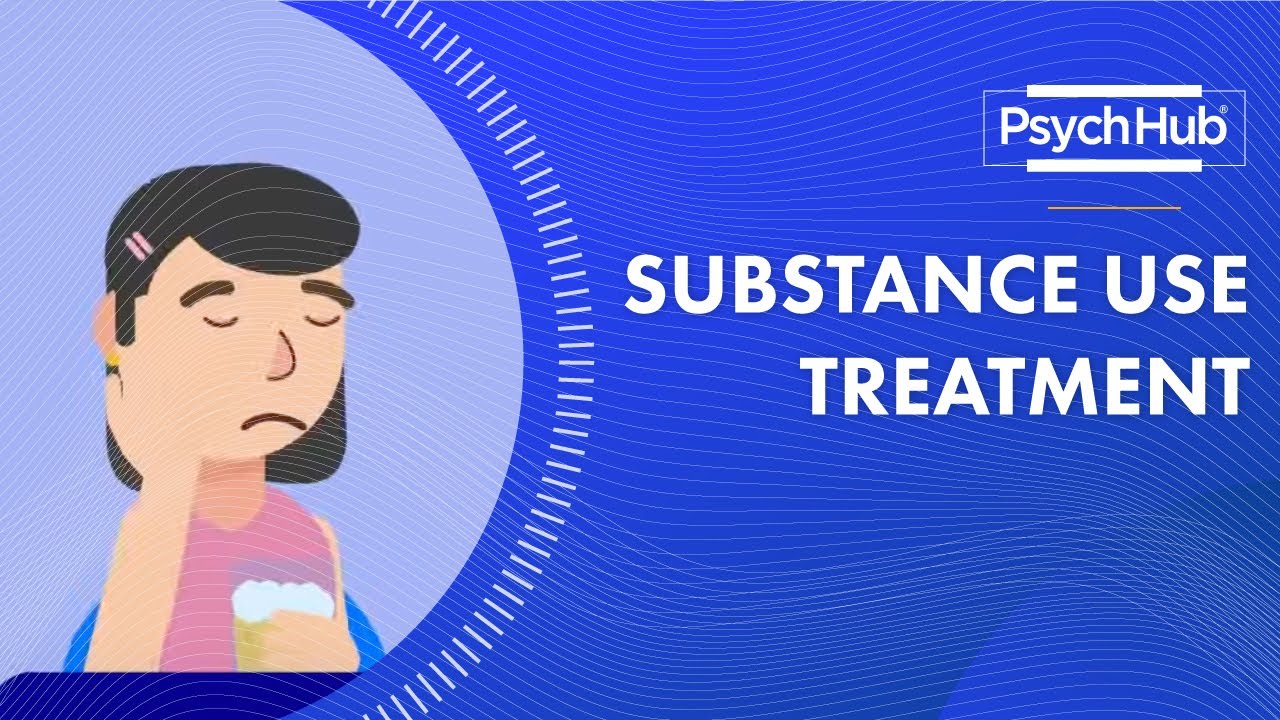
What is the meaning of substance abuse?
Substance abuse means using drugs or alcohol too much or in the wrong way, causing harm to yourself or others. This includes both physical and psychological dependence.
What are some examples of substance abuse?
Examples of substance abuse include drinking too much alcohol, taking more prescription pills than prescribed, and using illegal drugs like cocaine or heroin.
What is substance abuse now called?
Substance abuse is now called substance use disorder or drug addiction, emphasizing that it’s a disease that affects the brain and behavior.
What is substance use in abuse?
Substance use in abuse refers to consuming substances like alcohol or drugs in a harmful way that affects your health or life negatively.
What qualifies as substance abuse?
Substance abuse qualifies when someone uses alcohol, prescription medicines, or other drugs excessively or inappropriately, causing harm to themselves or others.
What is the difference between substance use and abuse?
The difference between substance use and abuse is that use is the consumption of any substance, while abuse means using it excessively or in a harmful manner.
What is classified as substance abuse?
Substance abuse is classified when someone consumes drugs or alcohol in a way that leads to significant problems in their daily life and health.
What can cause substance abuse?
Substance abuse can be caused by various factors, including stress, peer pressure, mental health issues, or a family history of addiction.
How to reduce addiction?
To reduce addiction, seeking professional help, joining support groups, avoiding triggers, and adopting healthy habits like exercise can be effective.
How to stop porn addiction?
Stopping porn addiction often involves therapy, support groups, limiting access to triggers, and finding healthier ways to cope with stress or boredom.
How to sober up fast after drinking?
Sober up fast after drinking by drinking lots of water, eating food, and getting rest, but remember that time is the only true way to sober up completely.
How do you avoid substance abuse?
Avoiding substance abuse includes staying informed, making good choices, surrounding yourself with supportive people, and finding healthy ways to handle stress.
What are the symptoms of an alcoholic person?
Symptoms of an alcoholic person include craving alcohol, inability to control drinking, withdrawal symptoms when not drinking, and continued use despite negative consequences.
Which best defines substance abuse?
Substance abuse is best defined as the excessive use of drugs or alcohol that harms oneself or society and includes both physical and psychological dependence.
What are 10 examples of drugs?
Ten examples of drugs include alcohol, nicotine, marijuana, cocaine, heroin, methamphetamine, ecstasy, LSD, prescription opioids, and benzodiazepines.
What is substance use simple definition?
Substance use simply means the act of consuming any type of drug or alcohol, without necessarily implying any negative consequences.
What is addiction in simple words?
Addiction is when someone can’t control their use of a substance or behavior, even though it’s causing them harm.
What is the definition of substance abuse in youth?
For youth, substance abuse means using drugs or alcohol in a way that disrupts their life, health, or development, often leading to serious consequences.
What is substance abuse for kids?
Substance abuse for kids occurs when children use drugs or alcohol in a harmful manner, impacting their health, school, and relationships.


